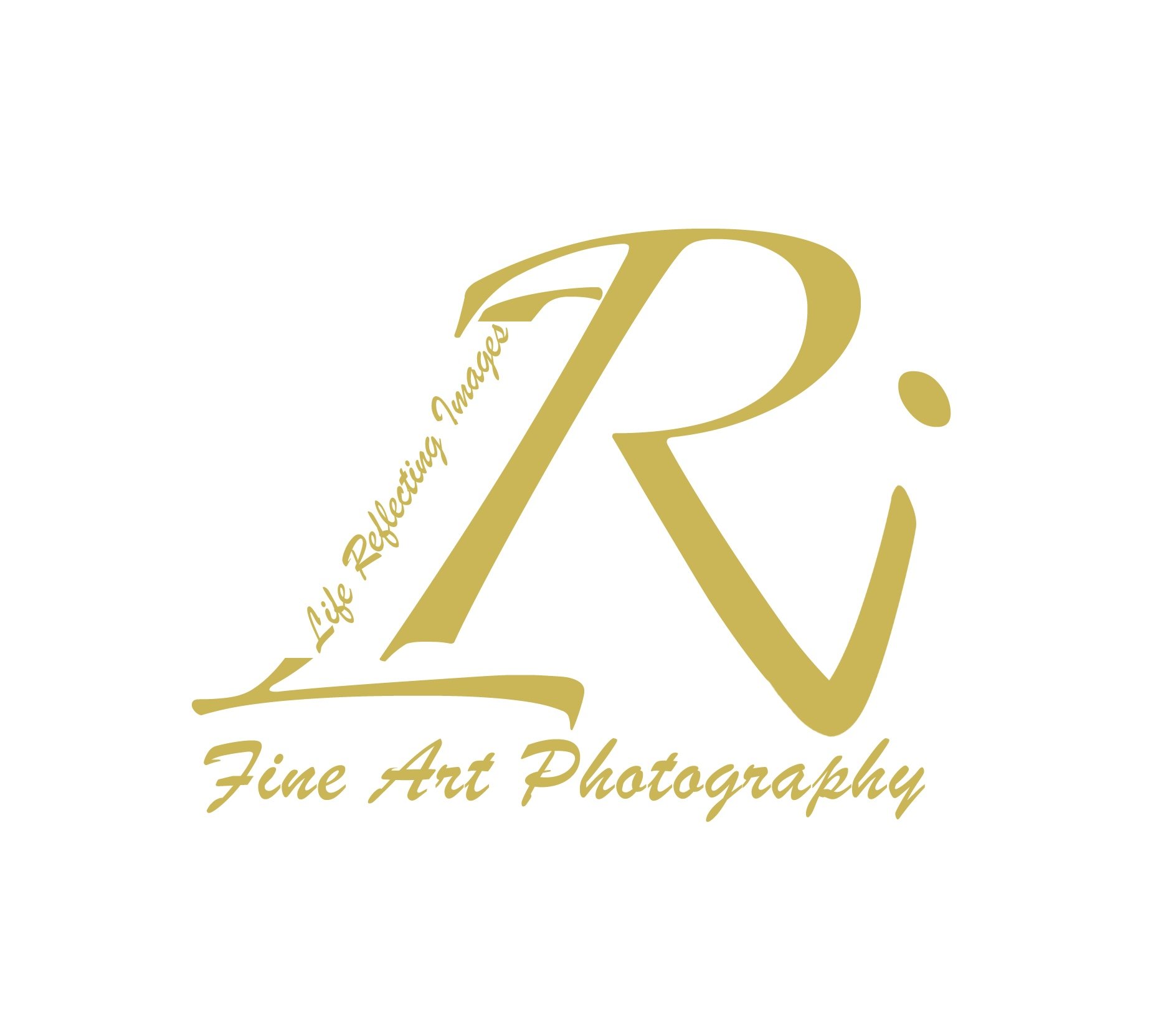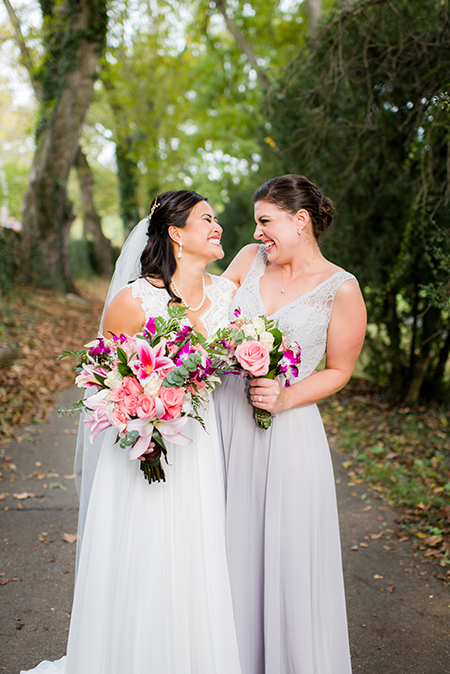What it's like to be a photographer
When you tell someone that you're a family and wedding photographer, I think there are two ways someone is thinking about you at that moment. "Wow, how cool! I wish I could do that." or "Hmm, really? What a lazy way to make a living." Personally, before I began my own Photography journey, I probably thought along those lines depending on my mood for the day, or the personality of the person that was telling me.
A good number of years later, and wiser, if you make a living with a lens in hand, I'm sure you'll agree that it's not as glamorous as it may seem, and sure is a lot more work then most people would ever realize. BUT... There's nothing more I'd rather do, and the countless hours are worth it to me, well at least most days.
So here's a few things I wish I had known earlier in my photography career.
You cannot just be
good with a camera, and be a photographer.
- You cannot just be good with a camera, and be a photographer. Being an independent wedding photographer is one of the most challenging things I've done in my entire working career. And I've overseen multi-unit retail stores, upwards of 21 locations at a time, so I'm not new to wearing different hats, and maybe that helped prepare me for being a photographer now. But, to sum it up, you aren't just a photographer, you're also a Web designer, Graphic designer, Lighting technician, Marketing specialist, Advertising specialist, IT specialist, Communications specialist, Financial analyst, Writer, Trainer, Student, and Husband/Wife, Father/Mother. You may not be great at anything other than being behind the camera, but you've got to be good enough at the rest. Remember, if you're not trying hard enough to acquire the skills to be well rounded, someone else is.
- You won't make any money. For awhile... OK, so you could make some side money with a decent camera if that's all you're looking to do, but if you really are going to make a run with this as a career, you'll be investing most of your revenue into equipment, and structure at the beginning. Just like any other professional trade, you can't just rely on talent alone. Tools that help skills stand out get more expensive with each level. For example, a decent camera that comes with a stock lens will already cost you around $1200 or more, but it will limit you to ideal lighting conditions, and the speed of focus can cause a lot of missed opportunities if the subject is in motion at all. Most of these stock kits are DX (or ASP-C) format sensors which already crop down the size of your image. Full frame format pro level cameras easily start around $2000 for the camera body and pro level lenses will usually cost around $1000 for a prime, which you will usually need 3 different focal lengths, or zooms that cost around $2000, which you will probably need two different zoom ranges. We'll get into peripherals, such as flashes, triggers, batteries, additional memory, and the like in a future post. But you'll also need to keep in mind to budget for advertising, websites, gallery hosting, editing software, PC robust enough to deal with editing, liability insurance, trade workshops, and much more. At the end of the day, your photography business will have limited growth based on what you're willing or not willing to invest in it. Both in time and money.
- It's not a 9-5 job. So maybe you like the idea of being a photographer because you can make your own hours. OK, I’ll admit it’s pretty cool working in your pajamas a few days during the week. But believe me there’s plenty of hours to work. Let's take for example a 10 hour wedding, that alone will create about 50 hours of work. So you’re definitely not making $200 or more an hour, when it’s all said and done after expenses, hopefully you have cleared over minimum-wage :0 Before you've even booked the wedding, you have initial emails to phone calls and meetings, contract writing, and follow up. Then as time approaches the event, the emails pick up again, a visit to the venue, a phone call or meeting to go over final details, shot list preparation, equipment preparation, packing up the gear, travel, unpacking and equipment set up, and now we finally get to take some pictures! You should plan on working the 10 hours without much of a break, while carrying 20 pounds of gear and possibly surviving on protein bars if there is no vendor meal or just no time to sit down to eat it. After you've packed your gear and traveled home that 10 hour work day really is more like 14. But the most time consuming work is just about to begin. Post event edit work is a tedious process to say the least. Downloading over 100 GB of data, emailing a picture or two after the event so the client can feel confident that pictures were actually taken! Culling, editing, and applying stylization before delivering the final gallery to the client along with a few emails, and depending on your own process, you may still have more to discuss with the client before finally moving on to the next event.
You can't shoot with all natural light.
All the time...
- You can't shoot with all natural light, all the time. Learn how to use off camera light. You may hear about some photographers that only shoot using natural light, and you'll love the images you see on their website, but what you don't see can be very telling as well. In event photography, the situation changes so rapidly that natural light can't always offer an ideal situation. Your ability to use off camera lighting to recreate the look and feel of natural light can really start to define you and your work. Not to mention, that even when the sun is shining, it presents challenges to a photographer that can't be overcome without lighting of some sort. High noon sun will creat harsh shadows in the eye's and under the nose, back to the sun creates a hazy picture depending on the sun's position, under the tree and in the shade can create sun spots or even a green tint if white balance is not adjusted. What you see on someone's website is their best work, so I always offer my clients an opportunity to see an entire gallery to give them the chance to see the quality of pictures they can expect to receive over the course of the complete event.
Shot using Nikon D810, Nikon 28-70 2.8 VII, Profoto B1 and umbrella reflector, Radio transmitter
- Have a plan for the slow months. Since I'm primarily a Wedding photographer, my season is April to October, leaving 5 months of fewer bookings and sales. Some photographers may require a 50% deposit since most bookings happen before the season starts to help keep their income steady. I prefer to go with a smaller retainer fee while going back to my roots as a photographer and focus on family portraits during the slower months. Much of the client base is built with previous clients I've done event work for. Most importantly, hang in there, the better months will come again, but you should use every moment of the off season to update your portfolio, social media accounts, and keep your name brand buzz out there.
Mark McConnell is a Wedding Photographer, and Family Portrait / Life Style Photographer.
His studio, Life Reflecting Images, is based in Leesburg Virginia,
about an hour outside of Washington DC. He is available to travel
across the country and internationally.











.png)
.png)